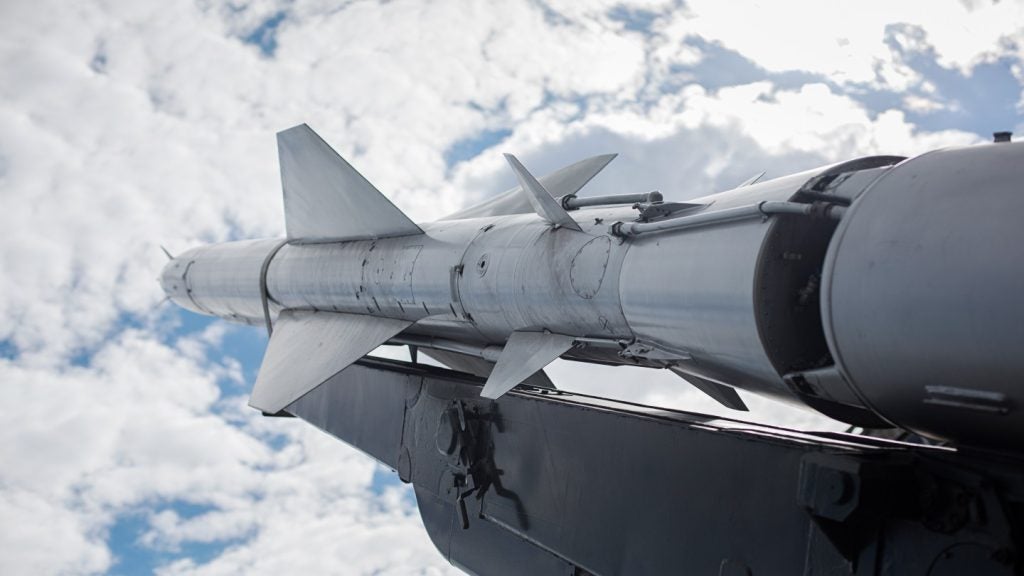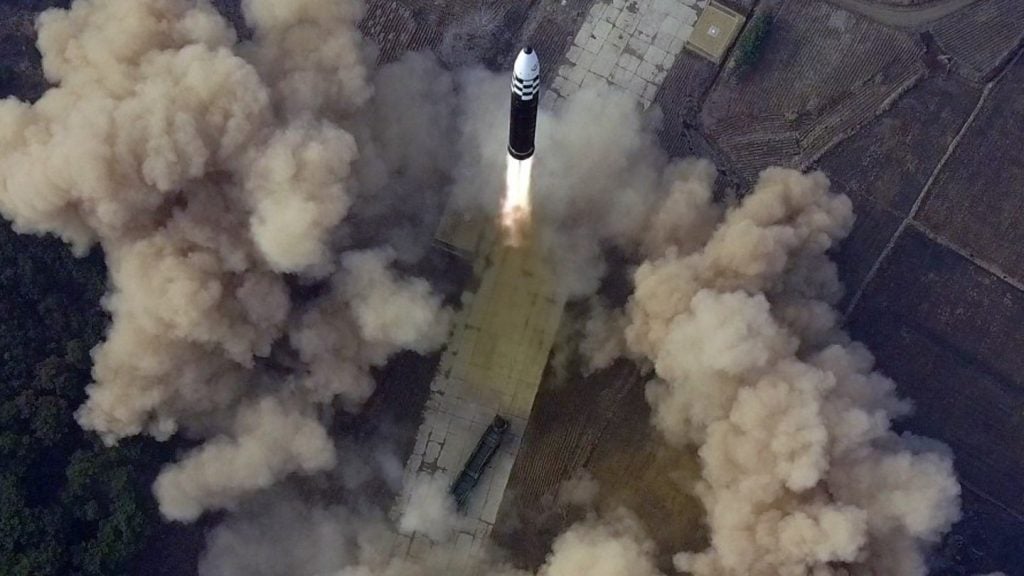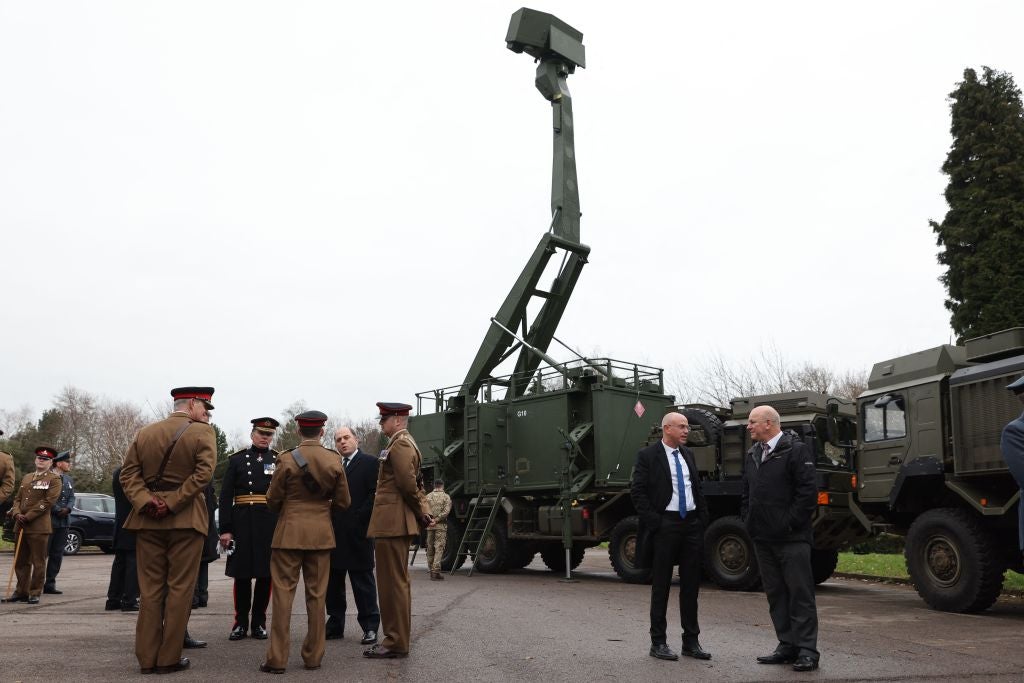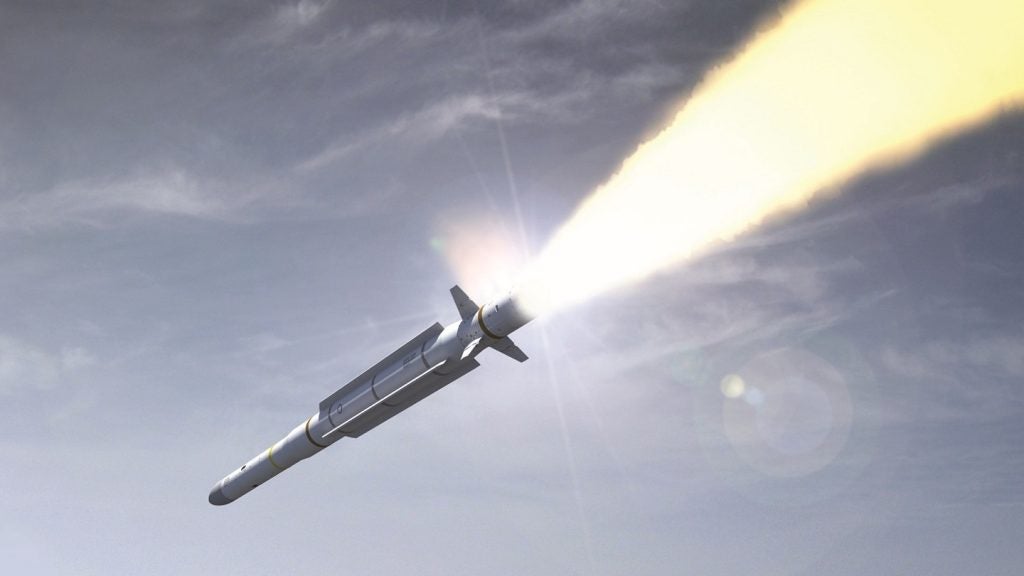Russia has activated its new long-range anti-missile radar system at its Baltic radar station in the Kaliningrad region in response to a planned US-led Nato anti-missile defence (AMD) shield in Europe.
Russian President Dmitry Medvedev said: "I expect that this step will be seen by our partners as the first signal of the readiness of our country to make an adequate response to the threats which the missile shield poses for our strategic nuclear forces."
Medvedev said that the Voronezh-DM radar system activated on the borders of Poland and Lithuania will move into immediate combat readiness as the nation is no longer satisfied with verbal promises.
"We can no longer be content with verbal promises that the system is not aimed against Russia. These are empty statements and do not guarantee our security," Medvedev added.
But he also insisted that the radar activation "does not close the door to dialogue" with the US on missile defence.
The Voronezh DM radar system has an operating range of 6,000km and is capable of monitoring ballistic and cruise missile launches from the North Atlantic, as well as the proposed European missile shield.
How well do you really know your competitors?
Access the most comprehensive Company Profiles on the market, powered by GlobalData. Save hours of research. Gain competitive edge.

Thank you!
Your download email will arrive shortly
Not ready to buy yet? Download a free sample
We are confident about the unique quality of our Company Profiles. However, we want you to make the most beneficial decision for your business, so we offer a free sample that you can download by submitting the below form
By GlobalDataMedvedev added that the radar is not targeted against the West and can be integrated into a joint Nato-Russia missile shield, but only if a cooperation agreement is reached.
Russia has long opposed the deployment of a missile shield, claiming that it will denude its own strike capabilities, and has sought legally binding guarantees from the US and Nato that the AMD will not target Russian strategic nuclear assets.
However, Nato refused to sign a written guarantee insisting that the anti-missile shield is intended to prevent potential Iranian missile threats and does not target Russia.
Russia has also warned that failure to reach an agreement on the missile shield will lead to the deployment of advanced offensive weapon systems to counter any future US missile deployments in Europe.







